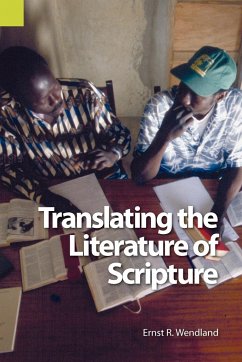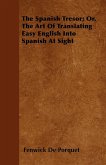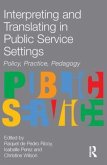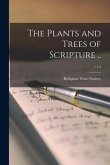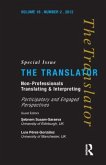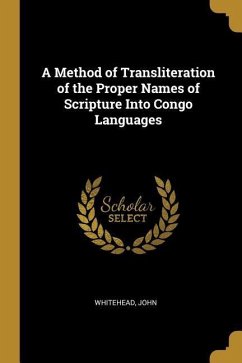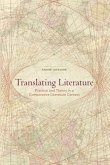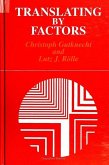Scholars have recently begun to document the many outstanding literary (artistic, structural, and rhetorical) properties of the biblical text, qualities contributing, to a significant dimension of "meaning" that few translations, past or present, attempt to reproduce even on a limited basis. Closely related to this is the correspondingly manifold communicative potential of different target languages all over the world, a rich inventory of resources that are only rarely exploited to the full in a translation. Accordingly, this book proposes the implementation of a literary functional-equivalence (LiFE) method of translation that seeks to represent or recreate in a given language the variety of expressive and affective dynamics - the great impact and appeal, including the beauty - of the diverse tests of Scripture. Many examples pertaining to the biblical language as well as several Bantu languages are included to illustrate this methodology and show how competent mother-tongue translators can be trained to apply it practically in their work. Dr. Wendland teaches at the Lutheran Bible Institute and Seminary in Lusaka, Zambia, and is a United Bible Societies Translation Consultant. He is the author of numerous studies on the Bantu languages of South Central Africa, biblical exegesis, and translation theory.
Hinweis: Dieser Artikel kann nur an eine deutsche Lieferadresse ausgeliefert werden.
Hinweis: Dieser Artikel kann nur an eine deutsche Lieferadresse ausgeliefert werden.
